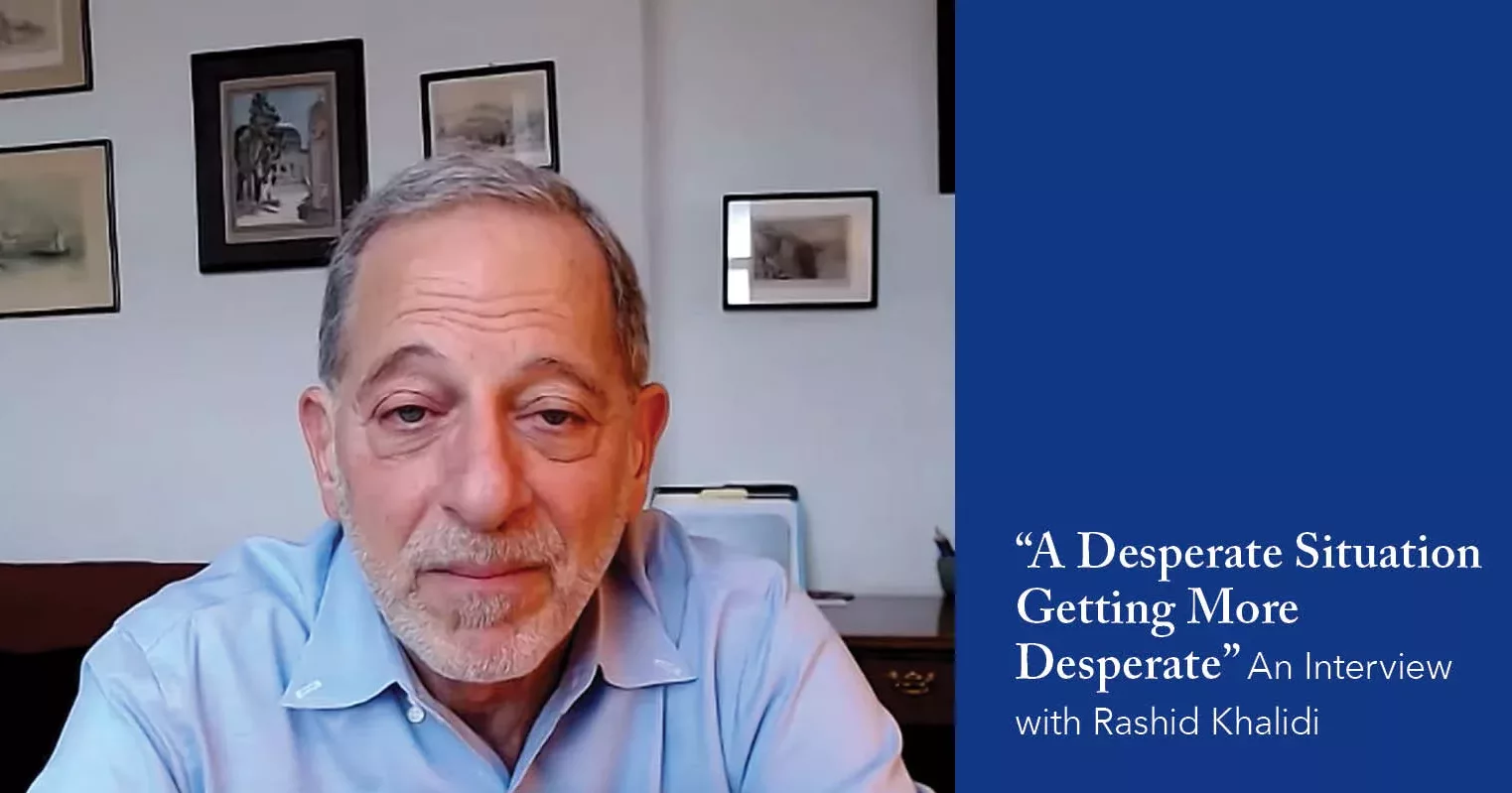Notes from the Field: The Silence of the Classroom
Classrooms are often espoused as a place for emancipation, justice, and deep inquiry. Yet time and time again, this is not the case. In fact, the classroom is simultaneously a place of silencing, violence, and injustice. The classroom is a highly contested place and idea, where sociopolitical interests and power collapse onto the language and actions utilized within.
We can point to the violent examples of residential schools created and run to destroy entire Indigenous peoples across colonial lands.
We can point to militaristic and fascist education programs that put into action a deep rooted hatred against the Other.
Yet such indoctrination does not have to be so explicit for the classroom to be a place that reinforces hierarchies, power, and violence.
Though there are countless examples, I will focus explicitly on my current experience of the deafening silence on the genocide in Gaza within the classrooms I sit through, within the fields of social work and anthropology.
We talk about justice, the influence of the political economy on our daily lives, and the violence our respective academic/practice fields have engaged in historically. We are supposedly educated on moral values and ethics.
Yet it appears that there is no space to discuss what is happening right in front of our eyes. We claim to discuss the world, yet we cut off the world when it becomes too loud.
Are we to prioritize a curriculum over an active assault on the very ontological cores of our ideas? Are we sacrificing knowing the injustices of our world merely discuss the idea of ethics, morality, and rights?
This is the violence of the classroom. Where the temporal limit and tight association with certain political and structural goals (i.e., getting a degree, meeting requirement etc) justify the silence on issues because "it is too much to discuss in class." They are deemed too controversial.
It is too much, because we are choking out the space for it. It is too much because we are deprived of the language to understand how it became controversial, and the time to reflect upon it.
Implicitly or explicitly – though this discussion does not matter – the classroom currently values its possibility of comfort more than its possibility for emancipation.
It values knowledge that reconstructs rather than knowledge that changes.
It would rather kill in silence than make audible the cries beyond the walls that confine it.


![[Guest Post] Exploring Colonial History through Art](/content/images/size/w750/2023/11/graphite-island-banner.png)

![[Guest Article] On Grossman: How a Pseudoscientist Pushed Our Understanding of Killing Back 20 Years](/content/images/size/w750/2022/09/256297-1330622535.jpeg)